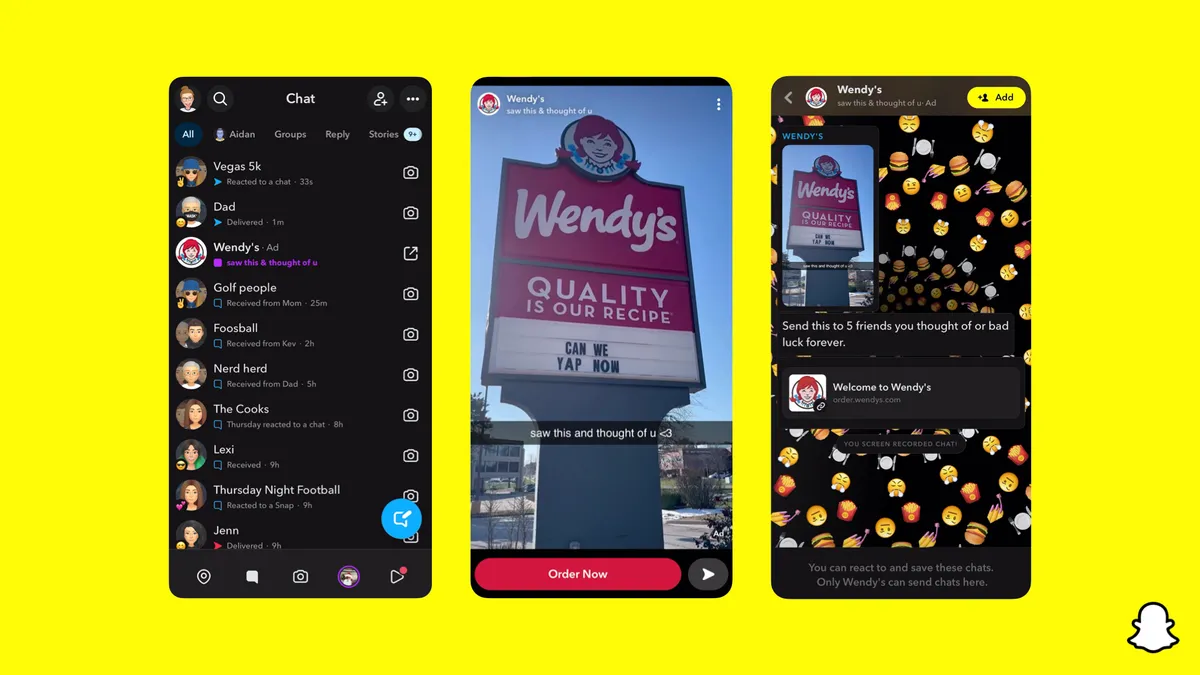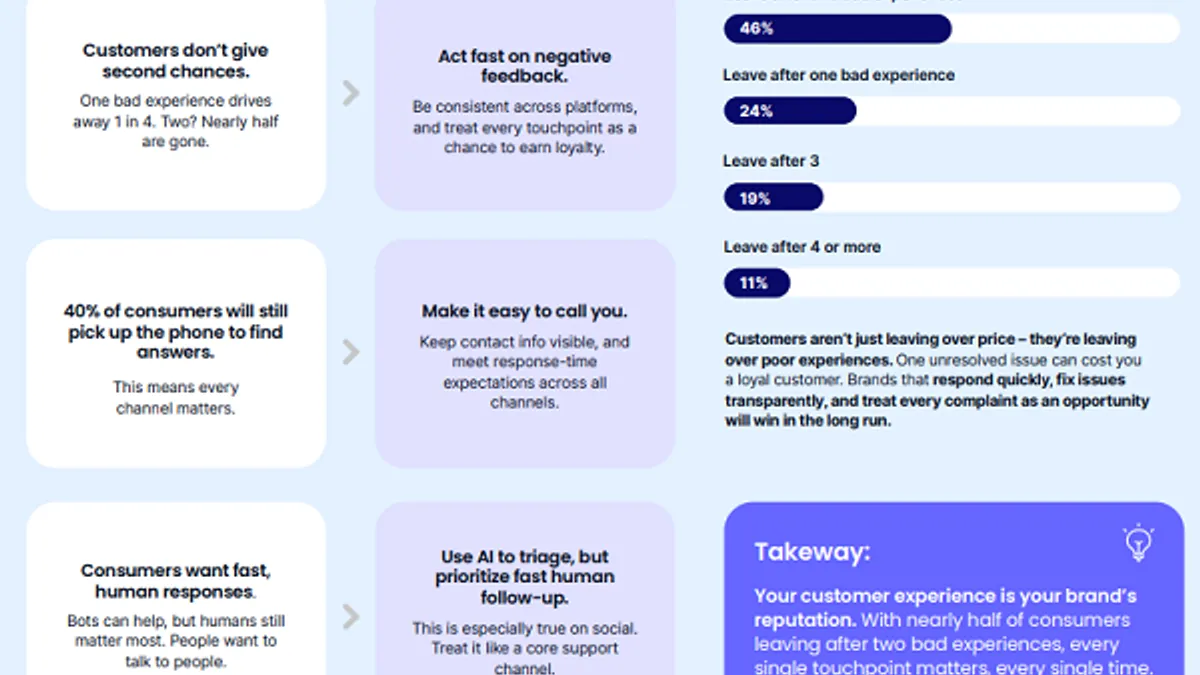Why is the mobile-first streaming video landscape a graveyard populated by some of the biggest brands in tech, media and advertising? Hollywood mastermind Jeffrey Katzenberg thinks he has the answer and will throw hundreds of millions of dollars at content creators to prove it. But figuring out what mobile viewers want could take more than that alone.
The exponential growth of mobile video consumption — which represents about 60% of all online video — has made it an irresistible market for creators, platforms and advertisers, albeit one that no company has been able to master so far. Samsung, Comcast, Spotify, Vimeo and more recently Verizon and Vivendi are among the major players that have entered and quickly exited the field.
Despite the red flags, investors have lined up to support NewTV, the new streaming mobile venture from WndrCo, a holding company co-founded by former Disney and Dreamworks heavyweight Jeffrey Katzenberg.
In early August, Katzenberg and NewTV CEO Meg Whitman, the former CEO of HP and eBay, announced that the venture had secured $1 billion in funding. Investors include the parent companies of the "Big Six" film studios — Disney, 21st Century Fox, NBCUniversal, Sony Pictures Entertainment, Viacom and WarnerMedia — along with Chinese internet giant Alibaba. Time will tell if the combination of Hollywood moxie and big tech know-how will help NewTV succeed.
"Several have tried, several have failed," Peter Csathy, CEO of consulting firm Creatv Media, told Mobile Marketer in an interview. "But nobody has tried to do it in the audacious way that Jeffrey Katzenberg is trying to do with NewTV."
Filling the Hollywood-sized void in mobile video
Investors clearly believe there's money to be made in mobile-first video streaming platforms. But for NewTV to succeed where others have failed, it'll have to figure out the short-form video format, walking a line that puts it between social streaming services like Facebook Watch and video platforms like Netflix.
"Several have tried, several have failed. But nobody has tried to do it in the audacious way that Jeffrey Katzenberg is trying to do with NewTV."

Peter Csathy
CEO, Creatv Media
Like the efforts before it, NewTV wants to capitalize on the ever-growing, mobile video market. Not only is the online video space booming, exceeding 200 million consumers this year, according to a recent Forrester forecast, but a previous Forrester study found that mobile's share of time spent on online videos grew from 29% in Q1 2016 to 55% in Q1 2017.
"The world is very much a mobile-first video consumption world, and nobody yet has cracked the code of how to effectively monetize at significant scale and profitably," Csathy said.
Key to monetizing NewTV will be its expected two-tiered subscription model — like Hulu's — that includes a lower-price, ad-supported subscription and a higher-priced, ad-free one. According to Forrester, almost 194 million people are watching some form of ad-supported video in 2018, and the format is set to dominate for the near future. However, Forrester estimates that paid streaming will see a 3.9% compound annual growth rate (CAGR) from 2018 to 2023, outpacing overall online video's 2.6% CAGR. And while 66% of consumers don't mind seeing ads in exchange for free video content, that mark is down from 71% a year earlier and will likely keep declining as ad fatigue grows. Despite these trends, a two-tiered subscription model could help NewTV find consumers where they are, both now and later.
Whether consumers will be able to discover NewTV is a different question. Neither ubiquity in the media market or big budgets helped the previous mobile platforms to break through, despite the millions of consumers flocking to online video.
Csathy believes that NewTV will be different for several reasons. Unlike prior efforts like Vessel that gave millions to YouTube talent and grassroots influencers, NewTV seems poised to bring high-quality video to the mobile world. While typical YouTube and Facebook content is produced for less than a few thousand dollars per minute, NewTV is expected to pay more than $100,000 per minute — about the same as network TV.
"Katzenberg and Whitman are really bringing in Hollywood production values and Hollywood talent — both topline and bottomline talent — to create that type of premium storytelling, but bringing it into a mobile-first world for the first time," Csathy said.
That Hollywood content will likely be coming from Hollywood itself, as NewTV is rumored to be planning to license content from the Big Six studios and other established production houses.
"All the major studios are investors," Csathy said. "They are incentivized to create the best possible stories and bring talent to NewTV."
The platform's partners won't be limited to Hollywood, however. Katzenberg and Whitman could also serve as a one-two punch that attracts brands and advertisers. And it's not just about their networks of high-level industry connections, as NewTV will offer a closed, controlled environment like Hulu — one not as subject to the brand safety concerns of content on Facebook and Youtube.
"Advertisers will feel safe having their brand associated with content in that service," Csathy said.
Walking the line between lean-back video and social streaming
The elephant in the online video room is Netflix. The streaming giant has more than 130 million users worldwide and represents about a third of all North American web traffic. It has become a behemoth, innovating and then spending heavily on those innovations. First, it shifted from mailing DVDs to serving online video, and then built an impressive library of crowd-pleasing content. That spending continues as the company plans to spend between $7 billion and $8 billion this year. Unsurprisingly, it's the main driver of paid streaming, according to Forrester.
The success of Netflix is "why there are other creators and producers scrambling to produce a library of content to create a compelling viewing experience that either can be subsidized by ad insertions or compel people to subscribe," Forrester analyst Nick Barber told Mobile Marketer.
But for all of Netflix's dominance, it still hasn't figured out the short-form or mobile problem. Only 20% of Netflix content is viewed on mobile, even as more than half of its members use mobile devices to access the service each month. According to Openwave's Mobile Video Index, Netflix accounts for 9.14% of U.S. mobile video traffic, lagging behind YouTube (31.14%) and Facebook (19.54%), but beating out Instagram (7.11%) and Snapchat (4.88%).
"There's definitely a space for shorter-form, snackable content" that's well-suited for viewing during commuting on mass transit, sitting at a desk during lunch or at other free times during the day, Barber said. The promise of short-form video on mobile is the perfect marriage of form and format. "It's not just watch where you want, but watch in a duration that fits in your day," Barber added.
"It's not just watch where you want, but watch in a duration that fits in your day."

Nick Barber
Forrester analyst
For snackable content that works best on mobile, consumers still flock to YouTube and Facebook, likely for their wealth of user-generated content, as neither YouTube Premium or Facebook Watch has broken out of the pack. That isn't the kind of content Netflix — or competitors Amazon and Hulu — are known for, as it still mostly focuses on the lean-back, living room model for video viewing that favors 30- to 60-minute segments.
It's also possible that the short-form, mobile video problem won't be "solved" by NewTV and Netflix but by their competitors in the social streaming space, namely Facebook Watch, Instagram's IGTV and Snapchat Discover.
Millennials and Gen Zers are the biggest consumers of online video, spending 33% and 41% of their digital time viewing video, respectively, according to a VidMob study. And while that might seem like a ripe market for streaming video platforms, the study also found that 59% of Gen Zers' video time is on social — five times more than linear TV and twice as much as streaming services. Time will tell if NewTV can convert Gen Z to fans of its streaming service, or if it will stick to tech-savvy millennials. Wired reported that the target age for NewTV is 30, firmly within the millennial cohort.
Despite Facebook's ubiquity and the growing popularity of social streaming, Facebook Watch hasn't been an out-of-the-gate success. Half of adult Facebook users have never heard of Watch, while 24% have heard of it but never used it, according to a survey by researcher The Diffusion Group.
"Part of the challenge is the brand itself," Csathy said. "Very few people think of Facebook as creating studio-quality content. You come for your friends' content, not Facebook's."
If consumers want mobile video that's also studio quality, NewTV should be able to deliver, thanks to its unique combination of Hollywood and tech.
"Just as Hollywood studios [have] had a very hard time transforming themselves into tech companies, the flip side also holds true. These tech companies that have become the new media companies have found it very hard to expand their DNA," Csathy said. "While companies like Facebook are putting a lot of money into streaming video, they don't have the same DNA as the studios and Katzenberg. Katzenberg has built studios, brands and a team of storytellers that have proven to be successful."
"In this brave new world of tech-transformed media and entertainment, the winners will win by experimenting and going forward boldly and audaciously," Csathy said, "and this is about as audacious as a play that has been done."























